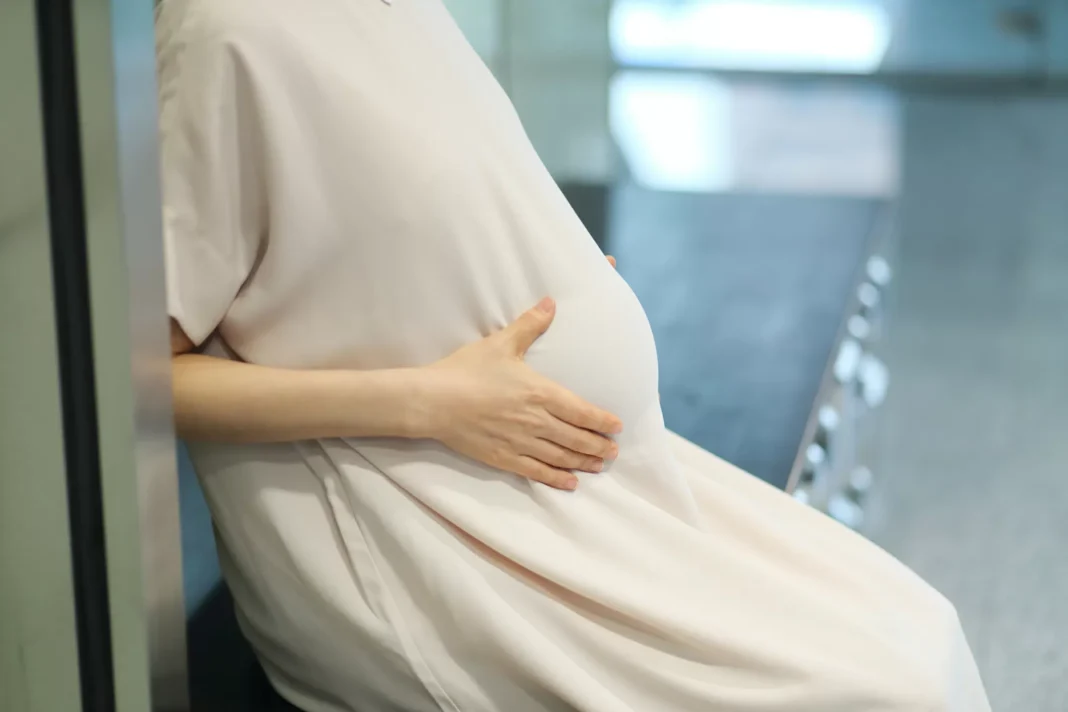In recent years, South Korea has been facing a significant decline in its fertility rate, reaching an all-time low of 0.84 in 2018. This means that on average, each woman in the country is having less than one child in their lifetime. The situation is a cause for concern as it could potentially have long-term consequences on the country’s economy and society. However, amidst this worrying trend, there is a noticeable shift in attitudes among young adults towards having children out of wedlock.
Traditionally, South Korean society has placed a strong emphasis on marriage and having children within the confines of marriage. However, with the changing times, there has been a gradual shift in societal norms and values. More and more young adults are starting to challenge the traditional notion of marriage as the only acceptable way to have children. This change is not just limited to the younger generation, but older generations are also beginning to accept this shift in attitudes.
One of the main factors contributing to this shift is the changing role of women in society. In the past, women were expected to prioritize marriage and motherhood over their careers. However, with more women entering the workforce and pursuing higher education, their priorities have shifted. They are no longer solely defined by their roles as wives and mothers, but as independent individuals with their own goals and ambitions.
Another significant factor is the rising cost of living and the increasing financial burden associated with marriage and raising children. Many young adults are struggling to find stable jobs and are hesitant to take on the responsibility of supporting a family. The pressure to provide for a spouse and children can be overwhelming, leading some to delay or even forgo marriage altogether.
Moreover, the stigma surrounding having children out of wedlock is slowly dissipating in South Korean society. In the past, children born to unmarried parents were often looked down upon, and the mothers were ostracized. However, with the rise of single-parent households and the increasing acceptance of diverse family structures, the negative perception is shifting. Single mothers are now receiving more support and acceptance, and their children are no longer discriminated against.
The media also plays a significant role in shaping attitudes towards having children out of wedlock. In recent years, there has been an increase in representation of non-traditional families in popular culture, such as in TV shows and movies. This has helped normalize the idea of having children without being married and has also given a voice to those who may have previously felt marginalized.
While there are undoubtedly some positive changes in attitudes towards having children out of wedlock, there are also concerns that need to be addressed. One of the main concerns is the lack of support and resources for single parents, particularly single mothers. The government has taken some steps towards providing financial assistance and job opportunities, but more needs to be done to ensure that single parents are not left to struggle on their own.
Another concern is the potential impact on the children growing up in non-traditional families. While society’s acceptance is increasing, there may still be challenges for children who may face discrimination or bullying because of their family structure. It is essential to promote a more inclusive and understanding society that embraces all types of families.
In conclusion, as South Korea’s fertility rate continues to decline, young adults’ attitudes towards having children out of wedlock are gradually shifting. This change is a reflection of the evolving societal norms and values, as well as the changing role of women in society. While there are concerns that need to be addressed, it is essential to embrace diversity and support all types of families. Only by doing so can we create a society where everyone has the freedom to choose their own path and be respected for their choices.


